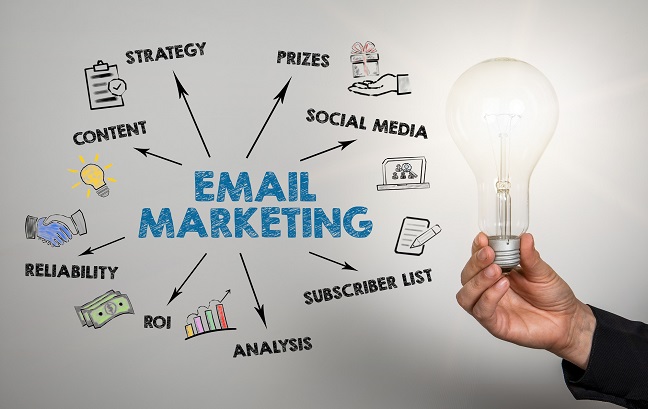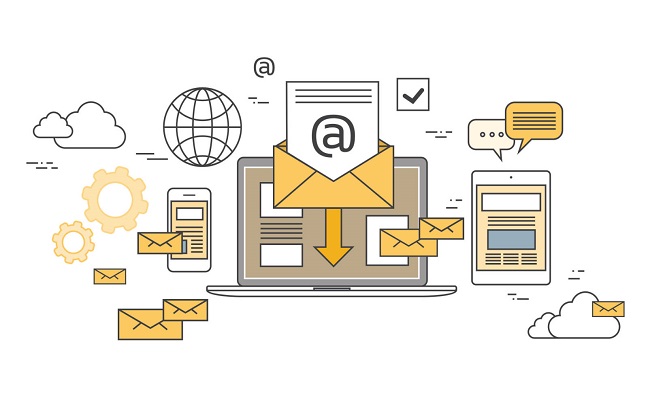Email marketing is a powerful tool for small businesses looking to connect with their customers and drive sales. It involves sending targeted, personalized messages to a list of subscribers who have opted in to receive communications from the business. Here are some of the benefits of email marketing for small businesses:
Cost-effective
Email marketing is an affordable way for small businesses to reach a large audience. Compared to traditional marketing methods, such as print or television advertising, email marketing is relatively low-cost and provides a high return on investment.
Targeted
Email marketing allows businesses to target specific segments of their audience with personalized messaging. By segmenting their email list based on demographics, behaviour, and interests, businesses can send relevant content that resonates with their subscribers.
Measurable
Email marketing provides businesses with valuable data about the success of their campaigns. Metrics such as open rates, click-through rates, and conversion rates allow businesses to track the effectiveness of their messaging and adjust improve results.
Builds customer relationships
Email marketing allows businesses to stay top-of-mind with their customers and build lasting relationships. By sending regular communications, businesses can foster a sense of loyalty and trust with their audience, leading to repeat business and referrals.
Drives sales
Email marketing is an effective way to promote products and services and drive sales. By including calls-to-action in their emails and offering exclusive promotions to their subscribers, businesses can encourage their audience to make a purchase.
To maximize the benefits of email marketing, small businesses should follow best practices such as:
Building a quality email list
Businesses should focus on building an email list of subscribers who have opted in to receive communications. This ensures that their messages are reaching a receptive audience who is interested in their products or services.
Creating compelling content
Emails should be engaging and provide value to the recipient. Businesses should focus on creating content that is informative, entertaining, or educational, rather than simply promoting their products or services.
Personalizing messaging
Personalized emails are more likely to be opened and clicked on. Businesses should use data to segment their email list and tailor their messaging based on the recipient’s interests, behaviour, and demographics.


Optimizing for mobile
Many emails are now opened on mobile devices, so businesses should ensure that their emails are optimized for viewing on smartphones and tablets.
Testing and measuring
Businesses should test different aspects of their emails, such as subject lines, messaging, and calls-to-action, to determine what works best with their audience. They should also regularly measure and analyse their email metrics to identify areas for improvement and optimize their campaigns for maximum ROI.
Email marketing is a valuable tool for small businesses looking to connect with their customers and drive sales. By following best practices and staying up to date with the latest trends and technologies, businesses can maximize the benefits of email marketing and achieve long-term success.

